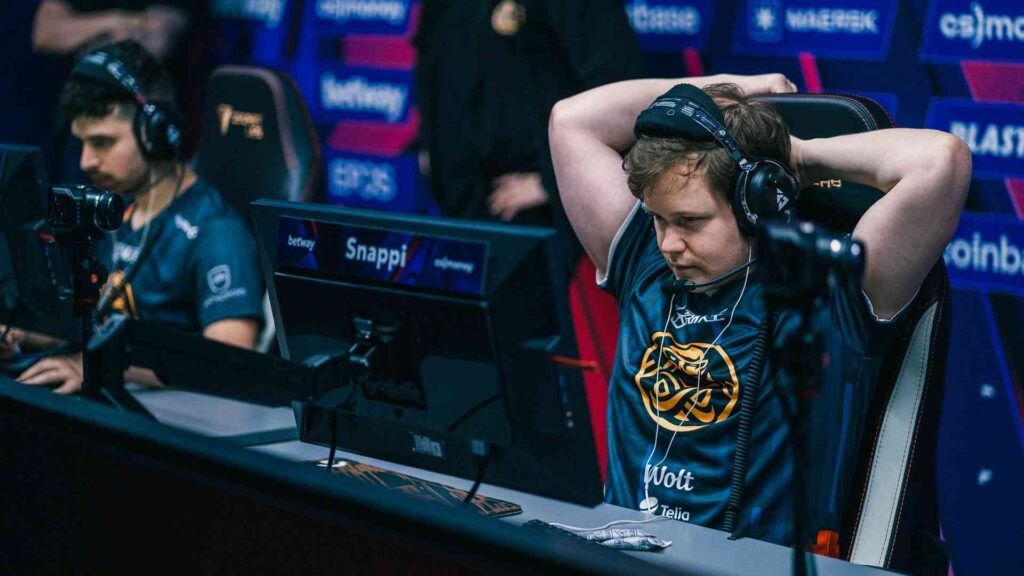Yes, I know, there probably are a dozen more relevant topics to discuss in the CS:GO competitive scene, but this one is important too. The current system of overtime in CS:GO has six rounds, where the team plays three as CT and three as T. The goal is to achieve four rounds of that overtime, but if the teams get tied with three rounds won, another overtime begins. In CS:GO, the money for each team depends on the tournament, 16K or 10K.
Read more: Halloween Themed CS:GO Inventory
Learning more about other games and how overtime systems work in other esports games, opened my mind to other ideas.
Overtime in Valorant and R6
In Valorant for example, the overtime is only two rounds, and you have to win both; teams also switch sides during the overtime rounds playing both attackers and defenders ‘ and the team has 5K credits for each round.
Another example; in R6 you have a maximum of three rounds of overtime. The game goes to overtime when both teams achieve six points and the game ends necessarily at eight. So, the game can end up, 8-6 or 8-7 which makes a team lose or win a tournament by a single round. It’s important to mention that in R6, the teams also switch sides during overtime.
The problems with CS:GO’s system
In CS:GO, this extensive and infinite overtime method results in some problems which are worth mentioning.
In a best of five or best of three series, with all the maps going to prolonged overtimes, how exhausting would it be for the players, casters and the whole transmission. Not to mention the people at home watching?
This type of match could easily stretch to five hours, or even longer, with the players at full focus. And I’m not even mentioning technical problems.
A CS:GO match can inevitably be tiring but couldn’t we change some aspects of the overtime system to control that a bit? Imagining a competition with three or four games mapped for that day, with a lot of overtime rounds, it’s very probable we would have matches at dawn.
One thing it’s imperative to mention, the CS:GO overtime system is, in my opinion, the most democratic and fair one.
Although, how healthy and energized will the players be, to play a third map after a second one reaches 32-30? And what’s the players’ mindset when playing that third map?
My suggestion
There are many other things to think about first relative to the CS:GO competitive scene, but we shouldn’t devalue the importance of this topic. I think there is still a lot to discuss.
Below I outline a system I thought of over the last few weeks; a similar idea was shared by Jean-Michel ‘mch’ D’Oliveira, streamer and ex-CS:GO player, on his Twitch channel.
This hypothetical system would have three stages. The first one is the same as the present one and as explained previously, if nothing gets decided in this first stage, the teams go to the second stage. Here the rounds get reduced; instead of six rounds played, the overtime will consist of four rounds, with victory in three rounds being necessary to win the map. Again, if nothing gets decided, in the last stage the teams would play a similar round of overtime to the VALORANT system.
Essentially:
- First stage: 6 rounds (3 as CT and 3 as T) ‘ 4 rounds win
- Second stage: 4 rounds (2 as CT and 2 as T) ‘ 3 rounds win
- Third/Last Stage: 2 rounds (1 as CT and 1 as T) ‘ 2 rounds win
This overtime wouldn’t end how infinite a match could be, but would reduce the chances of having a series last several hours. I think with this system we would keep the democracy and justice I mentioned earlier.



